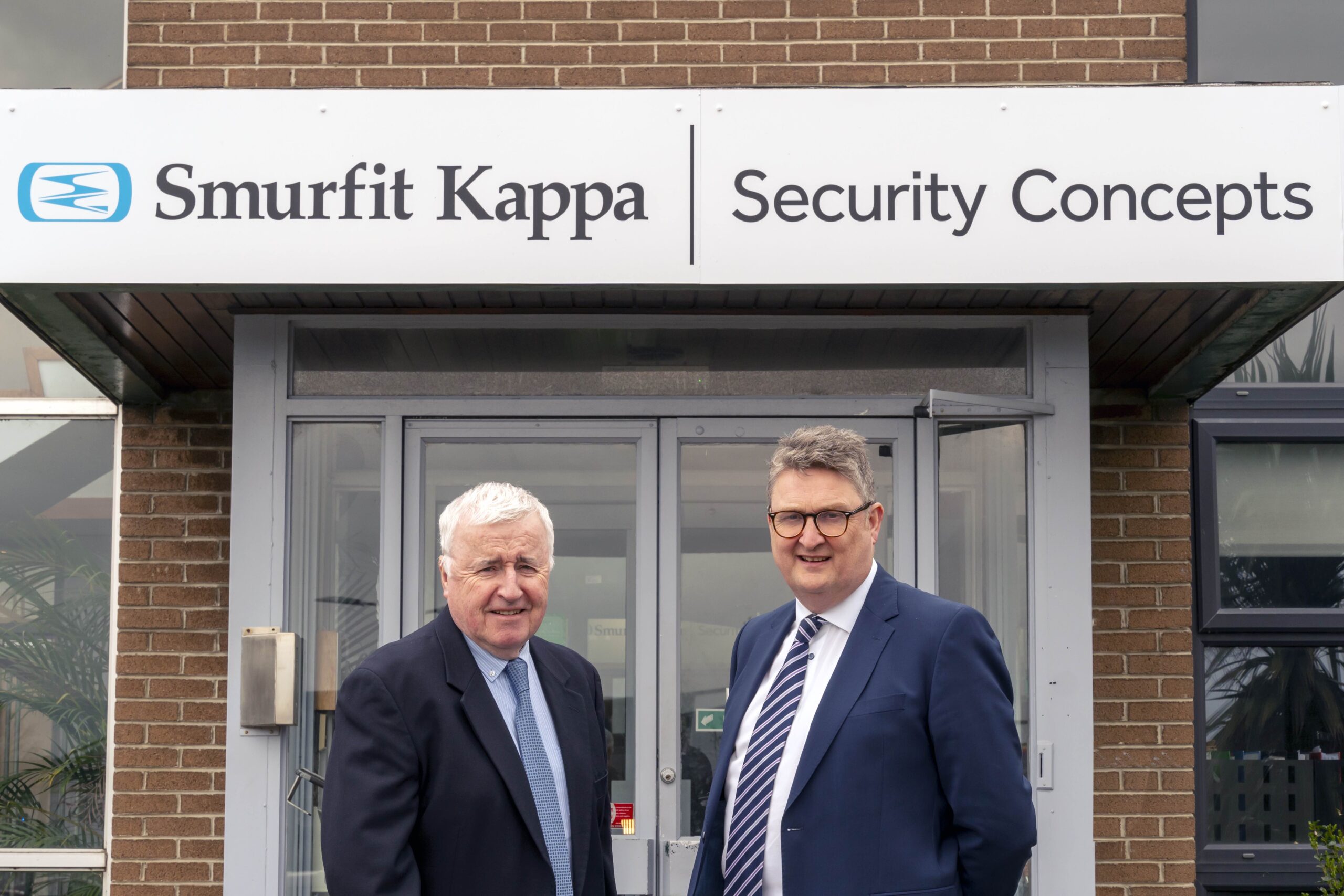SKSC (Smurfit Kappa Security Concepts), the internationally recognised high security printing and identity management solutions provider, has announced that, as a result of a number of its sustainability initiatives, it has reduced its direct CO2 emissions by 44% between 2015 and 2023 and its indirect CO2 by 65% between during the same time period, with plans to be net zero by 2030.
For example, zero waste generated by the company goes to landfill with 89% recycled in 2023 and the remainder converted to biofuel. The company has also allocated a patch of land on its site for a rewilding garden – a form of ecological restoration with an emphasis on recreating an area’s “natural uncultivated state”. Wildflower seeds were planted with pupils from the local school, Avondale Community College, as part of the Business in the Community programme.
As part of this ongoing commitment to reducing its carbon footprint, SKSC is to replace all the internal lighting at its site in Bray, Ireland with LEDs in a move expected to reduce energy consumption by at least 60%. The project will also include the installation of occupancy sensors to prevent lights being on in unoccupied areas. It follows on from the company’s decision last year for SKSC to replace the roof and windows in its main building to reduce heat loss, with over 77.2 % of its current electricity use coming from renewable sources.
Peter Thomas, Managing Director at SKSC, said: “As a responsible organisation SKSC is committed to strong ESG standards, as part of our parent company Smurfit Kappa’s ‘Purpose’ initiative to create, protect and care. This means doing the right thing for our people, communities and the environment, through products and processes that make a real difference for customers and across the entire value chain.
“We are also members of Repak, Ireland’s first voluntary incentive between industry and government, designed to meet industry producers responsibility and obligations under EU directives on packaging and on packaging waste and have been accredited to the ISO 14001 standard since 2009.”

